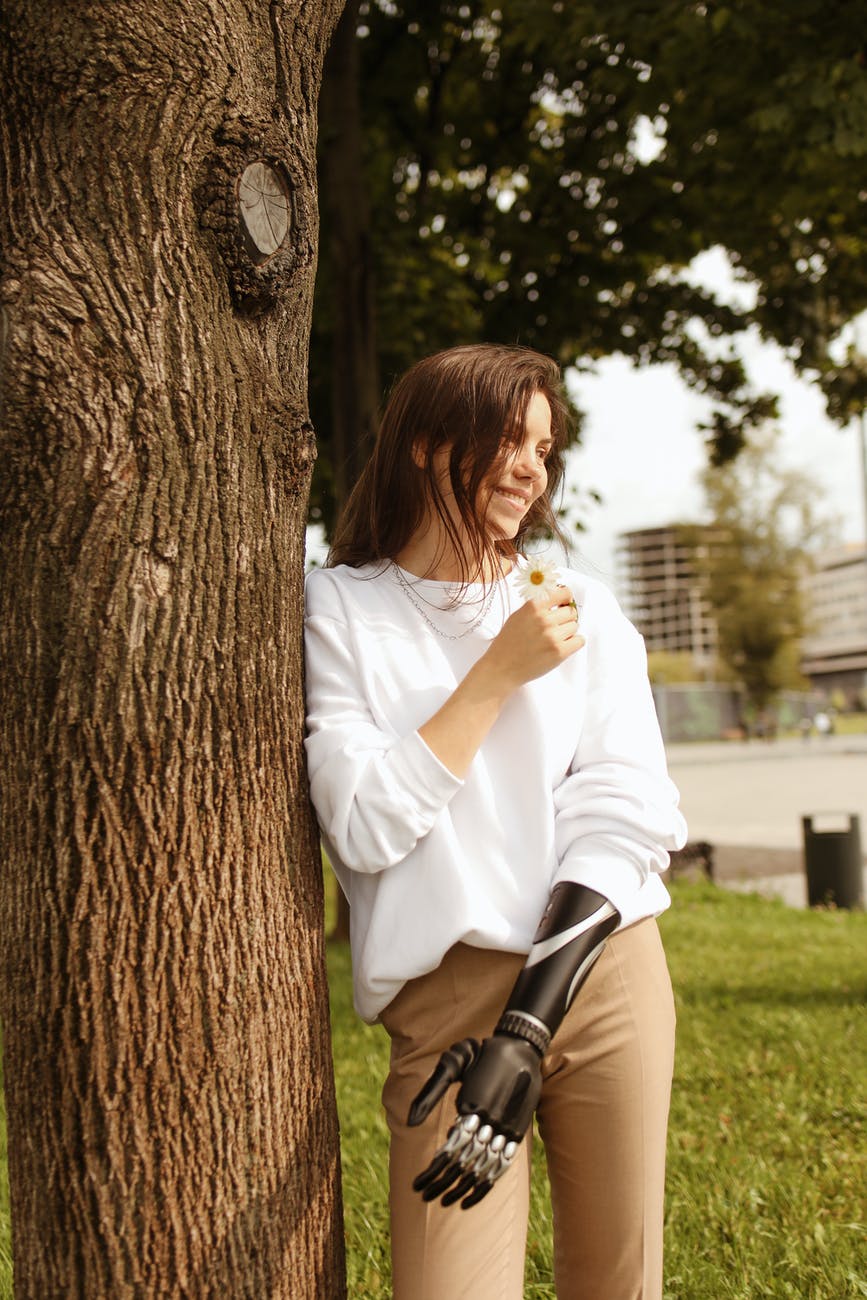We like to believe that we live in a generally safe world where our quality of life isn’t continually on the line. If we didn’t, we’d struggle to leave the house in the morning.
But the truth is that we don’t live on a perfectly safe planet. In fact, there are dangers everywhere.

Every minute of the day, for instance, somebody is injured in a crash, and many of the victims have life-changing disabilities that stay with them for the rest of their lives.
You can’t really understand disability until you’ve experienced it. Suddenly, you find out that you can’t do all the things you used to be able to do, and it creates a whirlwind of emotions. Life just isn’t the same afterward, either mentally or physically.
For many people, the first response is anger. If their disability was their fault, they feel a kind of rage against themselves. Why did they put themselves in danger?
If their disability was somebody else’s fault, they feel a sense of violation against the person who did it to them, even if it was unintentional. There are often long court battles as people attempt to get compensation from another party.
The anger, however, eventually becomes a cost if it lingers. The longer it goes on, the more it taxes the individuals. Eventually, it can harm their health further, leading to forms of depression and chronic disease.
Losing your abilities is a little bit like losing somebody you love. If you can no longer walk, for instance, you go through a process of grieving over that loss. Instinctively, you know that the ability isn’t going to come back. And so you have to psychologically and emotionally deal with that fact before you can move on.
That kind of mentality is quite destructive, but also commonplace in people who’ve been injured or develop a chronic condition. The trick, of course, is to recognize that life does go on and that there are plenty of things you can do to enjoy your existence.
In some situations, disability can also breed loneliness. Some people find that they are more isolated from their friends and family because of the fact that they can no longer get around as well as they used to.
Loneliness can also occur at an emotional level. When you have a disability, you feel somewhat alienated from the people around you. Unlike you, they don’t know what it is like to be housebound or bedbound. And so they can’t really understand what life is like for a person in your situation.
The solution here is to join a group of people who do understand what you’re going through so that you can voice your feelings and make them known.
This is a collaborative post.
Melinda


I did it wrong. I don’t think I was in denial, but I found my peer group depressing, so I did it alone. Many years on, I find comfort in a virtual peer group. My disease is rare, there is not much known and newly diagnosed guys are scared. I find satisfaction in talking to them. I think I help them. I know I help me. Why did I wait so long?
We all have to find our own way. Sometimes it’s the disease that makes us wait, it’s messing with our minds. It did mine for many years before I sought real serious help after being diagnosed at the young age of 19. Take good care. Always try to get enough sleep but not too much. Keep a log if helpful, that’s a good sign. 🙂
Of course it’s difficult enough being disabled and having to cope with that. But not having a support system must be really tough.
Although my support circle is small, I know I can call them at any time, even just for a chat. So I know I’m lucky in that sense 🙂
I think it is so important to have a few people in your life that can understand what you are going through, no matter what it is.
That is critical!
absolutely!